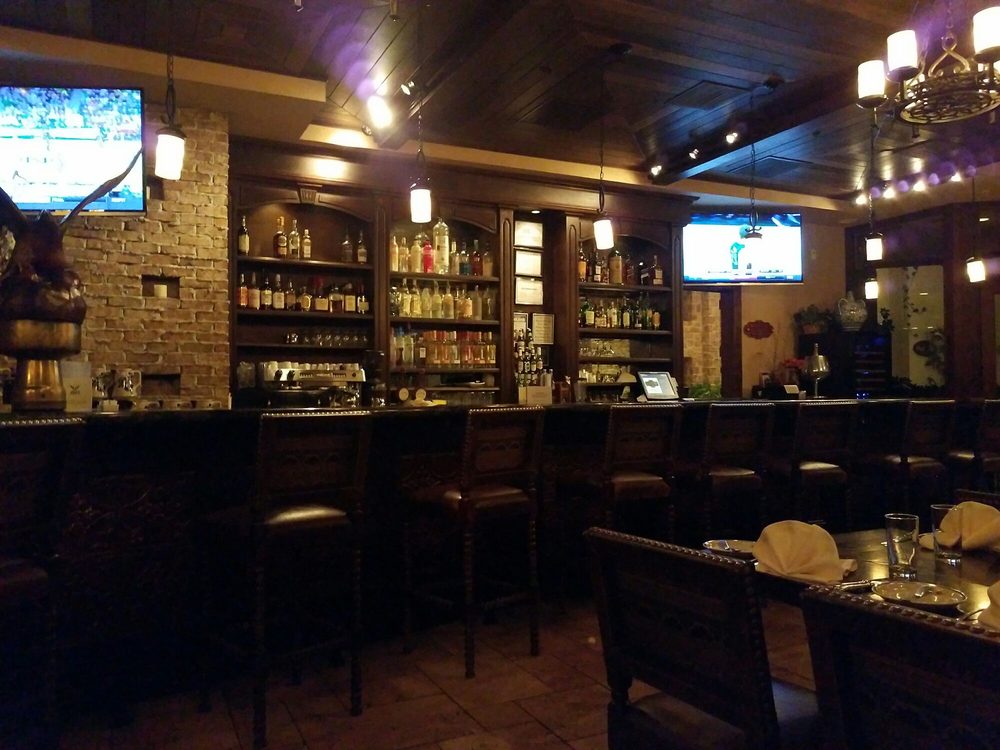Liquor License Valuations

“The valuation of these licenses can be challenging because sales transactions are not recorded or maintained in any public records"
Liquor licenses are frequently a critical asset for many restaurants because they allow for not only significantly higher profit margins, but also allows the restaurant to serve a product that is important to the dining experience for many customers. It also makes it easier to attract larger groups. However, the valuation of these licenses can be challenging because sales transactions are not recorded or maintained in any public records.
In New Jersey, a 1947 state law allowed for one liquor license for every 1,000 residents per town, so licenses were concentrated in the urban areas. That cap has since been increased to one license per 3,000 residents. As a result, there is a far greater supply of liquor licenses available for purchase in the urban areas than in the suburban market areas. This results in liquor license values in urban communities tending to be much lower than liquor licenses in suburban communities.
Liquor licenses are essentially a governmental permission to a particular act and are generally considered intangible assets. They provide the ability to generate an economic benefit from the sales of alcohol. Typically, an individual or business would not acquire an existing license unless it was economically advantageous.
What makes liquor license values in New Jersey vary so widely, however, is a result of the generally ample supply of liquor licenses within urban communities, where the value of a license can be seen as more closely related to its ability to generate income to the holder. In contrast, for many suburban communities, particularly areas with higher income levels, the value factors that contribute so greatly to value are that licenses are effectively special forms of barriers to entry for competitors in the market.
The factors that tend to contribute greatest to liquor license values are:
- Number of licenses in the town
- Demographics, particularly as it relates to median household income and population density
- Planned or new demand drivers that would increase license value
The lowest priced liquor licenses tend to be in urban market areas, while the highest priced licenses tend to be in affluent and growing communities, particularly in areas occupied by regional shopping malls or shopping areas with a wider geographic customer draw.